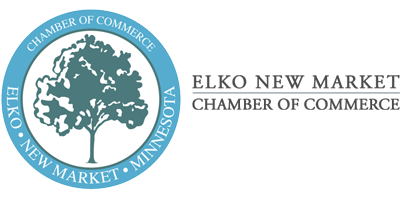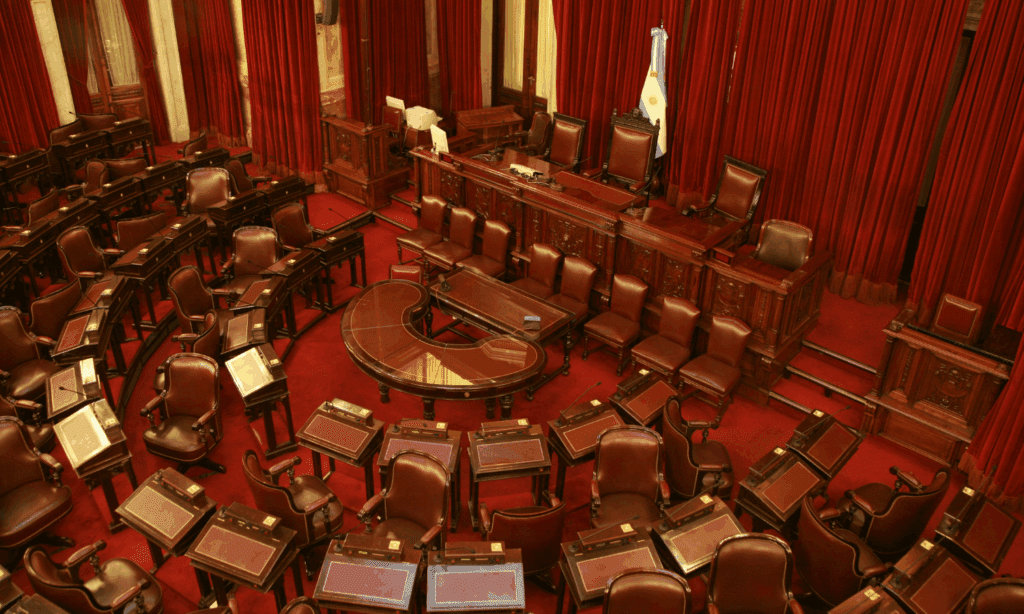2025 Legislative Session:
What Passed and What It Means For You
The end of the legislative session is always a time of change and can be a bit stressful for some business owners. Pivoting and reworking your process may be in order depending on your industry. Below is a recap and snapshot of the different laws that passed this year and what it means for you as a business owner. Take a look and don’t hesitate to reach out if you need more guidance on anything!
1. Transparent Pricing: Ticketing & “Junk Fees”
Minnesota closed out 2024 and ushered in 2025 with a renewed commitment to pricing honesty for consumers. Two major reforms now require upfront clarity:
- Ticketing Fairness Act: Event organizers and ticket resellers must now display all‑in prices—no surprise fees at checkout. Tickets must include proof of purchase and refund rights within 24 hours. Deceptive pricing tactics and automated bot purchases are forbidden (ogletree.com).
- Junk‑Fees Ban: Hotels, restaurants, catering services, and others must either fold mandatory charges (like resort or service fees) into their listed prices or clearly flag them up front—no post-checkout surprises .
What this means for businesses:
You’ll need to overhaul menu pricing, billing processes, and ticketing systems—compliance isn’t optional. Many operators are already weighing whether to absorb these costs or adjust base prices. Clear communication to customers about why your prices look different will ease the transition.
Quick takeaway:
Audit your entire pricing flow—menus, invoices, booking pages—and rewrite as needed. You’ll also want to bookmark the Minnesota House’s “New Laws” section and Axios’s coverage of the changes for guidance.
2. Capital & Combatting Crisis: Corporate Governance Overhaul
The Minnesota Business Corporation Act (MBCA) received a substantial tech-up to help businesses remain resilient when times get tough. Among the upgrades are:
- Emergency powers for corporate bylaws
- Ability to ratify past “defective” corporate actions
- Clearer board authority over preliminary deals
- Provisions shielding officers in crisis
- Sharpened shareholder rights around transparency and enforcement (axios.com, tax.thomsonreuters.com, house.leg.state.mn.us)
For business owners, this means stronger governance tools and greater transparency. It’s a good time to have legal counsel update your bylaws and double-check whether your corporate documents align with the new rules.
3. Data Centers: A Balance of Incentives and Oversight
As data crunching becomes central to Minnesota’s economy, lawmakers extended key incentives—but not without reasoned regulation.
What passed:
- A 35-year sales tax exemption for software and IT hardware in large data centers
- Introduction of an annual peak electricity demand fee between $2–5 million
- A water-use permit pre-application requirement for users of 100 million gallons/year or more
- Prevailing-wage rules for construction/refurbishment
- Additional oversight by the Public Utilities Commission (PUC)
- Green-building standards and referral to DEED’s “Business First Stop” (house.mn.gov)
For data center operators:
Tax breaks are generous—but come with strings. Expect ongoing fees, environmental oversight, wage rules, and sustainability requirements. It’s smart to apply early for permits and plan with DEED and PUC guidance. DEED’s special “Business First Stop” program can streamline this process.
4. Tax Update: Cannabis, Data, and the Budget Puzzle
June’s Special Session Omnibus Tax Bill (SSHF9/HF9) was designed to bridge Minnesota’s $118 million shortfall into the next biennium. Two provisions stood at its core:
- The state’s cannabis gross receipts tax jumps from 10% to 15%, putting an estimated $76.5 million into its coffers (house.mn.gov, house.mn.gov).
- The data center electricity tax, which had been targeted for repeal, was extended—but exemption timelines were shortened to help balance budgets (house.mn.gov).
What businesses should know:
- Cannabis retailers must reassess their pricing strategy to maintain margin.
- Data centers see fewer exemptions, so cost projections must adjust.
- The law also accelerates large-vendor sales tax remit and tweaks refundable R&D credits (tax.thomsonreuters.com).
5. Lead Key Extension (Commerce Bill)
In a small but meaningful pivot, Minnesota delayed enforcement of its cadmium/lead-in-key ban:
- Keys produced, imported, or sold before July 2028 are exempt.
- Keys containing ≤1.5 % lead by weight are allowed post-2028.
- Exemptions also cover certain art materials (house.leg.state.mn.us).
Why it matters:
Locksmiths and key manufacturers get breathing room to adapt supply chains and phase in new materials without deadline stress. If you rely on key production or sales, start planning new sourcing well before 2028.
What This All Means for You
Feel a little overwhelmed? You’re not alone. Here’s how to approach it practically:
- Audit everything—pricing systems, contracts, bylaws, construction plans—against the new laws.
- Communicate clearly with customers about price transparency. Explain why costs now show differently.
- Engage with experts—legal, tax, permitting—to ensure corporate documents and environmental planning are compliant.
- Use state resources like MN DEED’s Business First Stop and PUC for operational guidance and pre-clearance.
- Adjust financial modeling to incorporate higher cannabis taxes, data center fees, and evolving R&D credits.
Want to Dig Deeper?
Head to these trusted sources for full bill texts and official summaries:
- Minnesota House “New Laws” (2025) – Consumer, Commerce, Tax sections
- Session Daily: “House OKs legislation to regulate data centers” (house.mn.gov, house.leg.state.mn.us)
- Session Daily: “House approves omnibus tax bill with cannabis, data center changes” (house.mn.gov)
- Axios Twin Cities: “Junk fees” and ticketing reform (axios.com)
- Session Daily: Commerce report on lead key amendments (house.leg.state.mn.us)
Final Thoughts
The 2025 session moves Minnesota toward transparent pricing, strengthened corporate governance, technology-sector growth, and prudent environmental policy. For businesses, it’s less about reacting—and more about proactive modernization. By updating systems now, you’ll stay compliant, maintain customer trust, and poise your operations for the next big opportunity.






